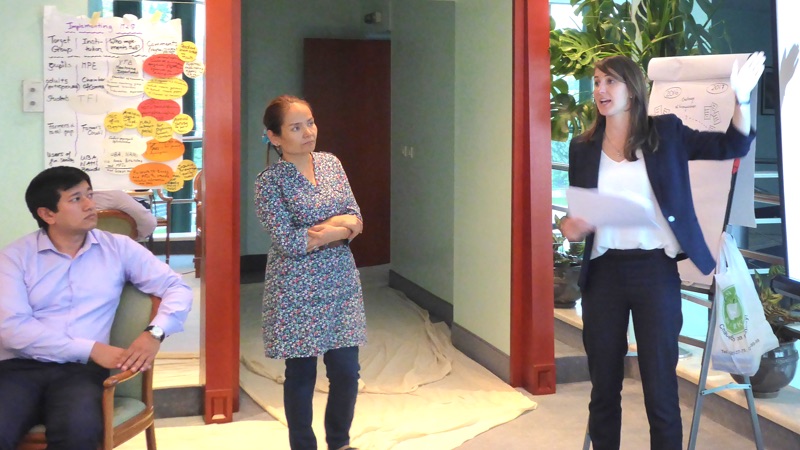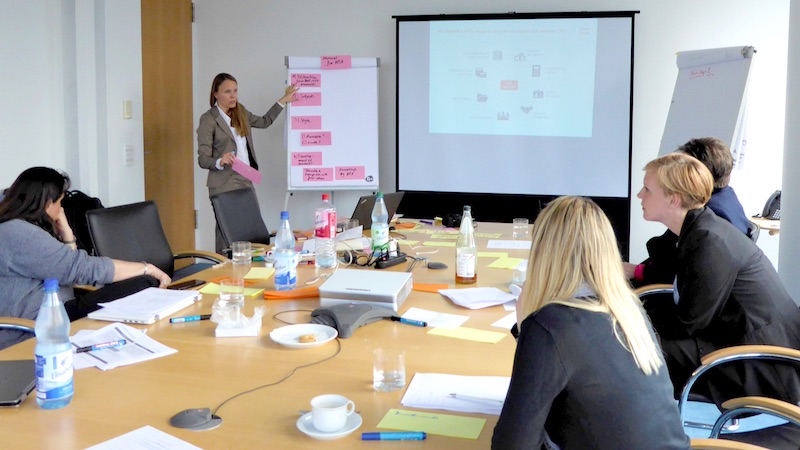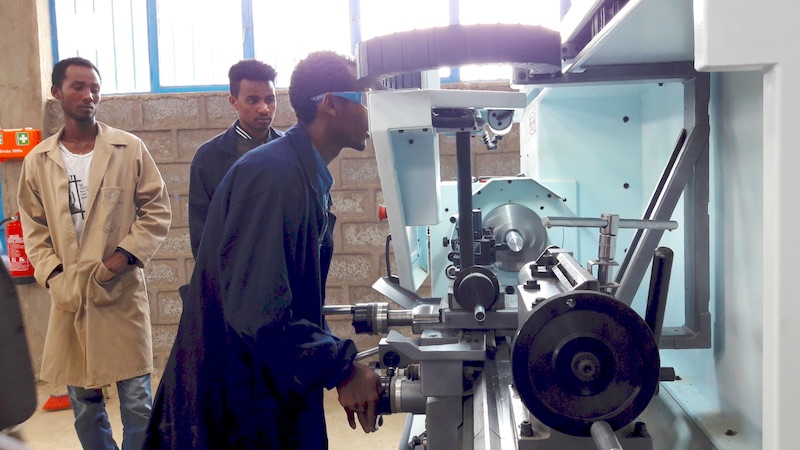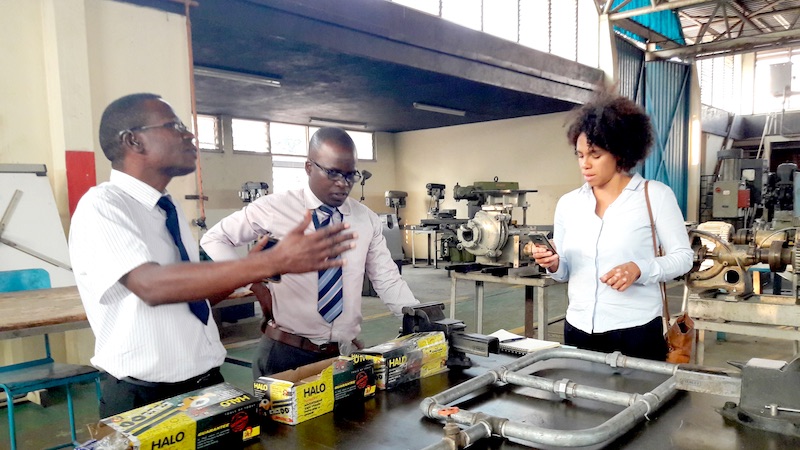SDG contribution tool: Analysing the impacts of a project portfolio in Albania
Strategy & Concept development: The Sustainable Development Goals (SDGs) represent the guiding framework for development efforts in the next decade. Estimating the impact of programs and portfolios on single SDGs is difficult but allows to orient programs and helps to avoid unintended negative impacts. Therefore, we developed a tool to estimate a program’s SDG impact “ex-ante”. The tool allows quantification and weighting of expected project results, taking into account how strong, direct and relevant the impact is in a given the country context. We also provided strategic recommendations regarding the use of SDGs for impact estimation by comparing this strategy to the commonly used DAC framework.
Project Design & Evaluation: We piloted the impact estimation tool by evaluating the German Development Cooperation portfolio in Albania with regard to its SDG contribution. The evaluation reviewed project appraisal reports and literature on the country context across all implementing institutions. We validated the results through peer verification with our wide network of thematic experts. The outcome of our evaluation showed the contribution of the portfolio to individual SDGs and thus allowed for a strategic discussion on the reorientation of the portfolio. Furthermore, piloting led to further refinement of the tool to improve its validity and explanatory power.




